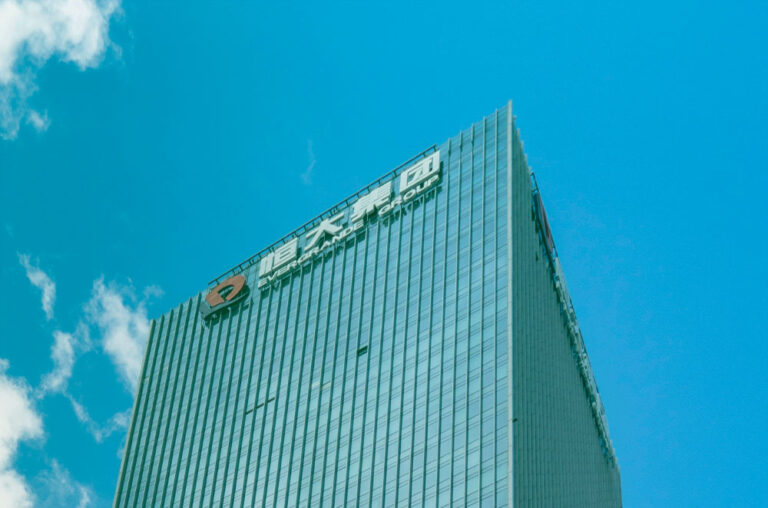
Reports have emerged Evergrande, China’s largest property developer, has missed its final deadlines to pay some bondholders and edged closer to formal default.
Multiple sources have reportedly told financial news service Reuters Evergrande did not make payments on some $US bonds at the end of a month-long grace period, which has set the stage for a default by the world’s most-indebted property developer.
A source familiar with the situation told Reuters that nobody who had invested in two bonds — issued by China Evergrande Group’s unit Scenery Journey Ltd — had received payment as of 1am AEDT on Wednesday.
Another four sources holding the bonds confirmed to Reuters that they had not received payment.
According to one of the sources, Evergrande has not issued any communication to bondholders about the missed payment.
ABC reported that failure by Evergrande to make $US82.5 million ($116 million) in interest payments due last month would trigger cross-default on its roughly $US19 billion of international bonds.
The company has $US305 billion ($A420b) in liabilities, in domestic and international securities, and has been struggling to meet debt obligations, with investors concerned problems could spread to creditors including banks in China and overseas.
ALSO READ: Five ETF Investment Themes To Diversify Your Portfolio
Meanwhile, it’s also been reported Chinese developer Sunshine 100 China Holdings has defaulted on US$178.9 million (S$245 million) of debt and interest payments due Sunday (Dec 5), as the direct fallout of the woes of property companies in China continues to impact investors in Singapore.
According to The Business Times, Sunshine 100 was due to repay the US$170 million of principal and US$8.9 million of interest on its 10.5 per cent senior notes due 2021, which is listed on the Singapore Exchange (SGX).
But in a bourse filing on Sunday, the company said it is unable to meet its debt obligations on the bonds “owing to liquidity issues arising from the adverse impact of a number of factors including the macroeconomic environment and the real estate industry”.






























